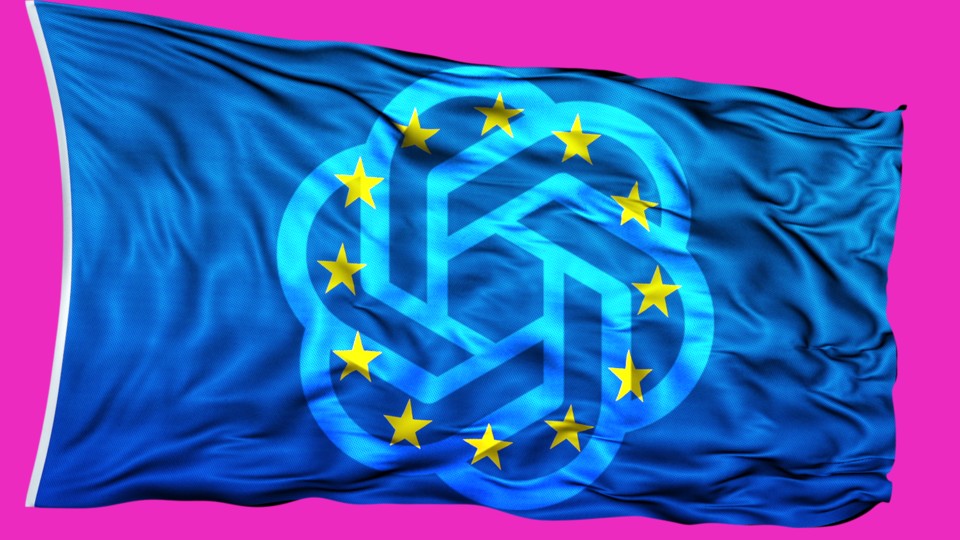Authors should be better protected against ChatGPT and other AIs.
When AI generates art, you can be sure that the work of one or more artists has been used. Because working creatively is actually not in the nature of AIs.
That’s why the European Union is currently working on a new draft law that will oblige artificial intelligence developers like ChatGPT to disclose copyrighted material used to develop and train their systems. The Wall Street Journal reports.
That would be the first comprehensive set of rules in the West that regulates the steady expansion of AI.
Authors should be happy
It’s probably a relief for publishers and creators. The proposed legislation would give them a new opportunity, a profit sharing to demand if their work is used as source material for AI-generated content.
This is something many writers, artists, and other creatives have been hoping for, especially in the last few months.
Essentially, AI models are trained to create their own content by ingesting and analyzing a large amount of existing text, images, videos, and music.
The problem: AIs comb through other people’s work to create “new” works. This development has raised concerns as more and more chatbots have been integrated into our lives, e.g. B. through Google Bard or Microsoft Bing or Midjourney.
The new legislation aims to give the owners of the original works the models learn from have more rights over what happens to their works – and potentially be able to seek compensation.
When is the law coming?
The draft is not final, but the EU states want it later this year negotiate and pass a final version of the law.
However, the question remains whether AI companies really have the right to use content from the internet to train their artificial intelligence.
What do you think of the EU’s approach? Do you think that such a regulation is necessary? Write us your opinion in the comments


 What’s happening with AI? Researcher explains why you can look forward to more creative NPCs, competition for ChatGPT and hot dog tomatoes
What’s happening with AI? Researcher explains why you can look forward to more creative NPCs, competition for ChatGPT and hot dog tomatoes Cowboy launches new on-demand service: That’s what’s inside
Cowboy launches new on-demand service: That’s what’s inside The new 4K Fire TV stick is now brutally reduced and transforms your old television into a smart TV
The new 4K Fire TV stick is now brutally reduced and transforms your old television into a smart TV The best mouse I’ve ever had, convinces me for gaming, work and home office and is different than all its predecessors!
The best mouse I’ve ever had, convinces me for gaming, work and home office and is different than all its predecessors! The first smart glasses suitable for everyday use that you can buy
The first smart glasses suitable for everyday use that you can buy